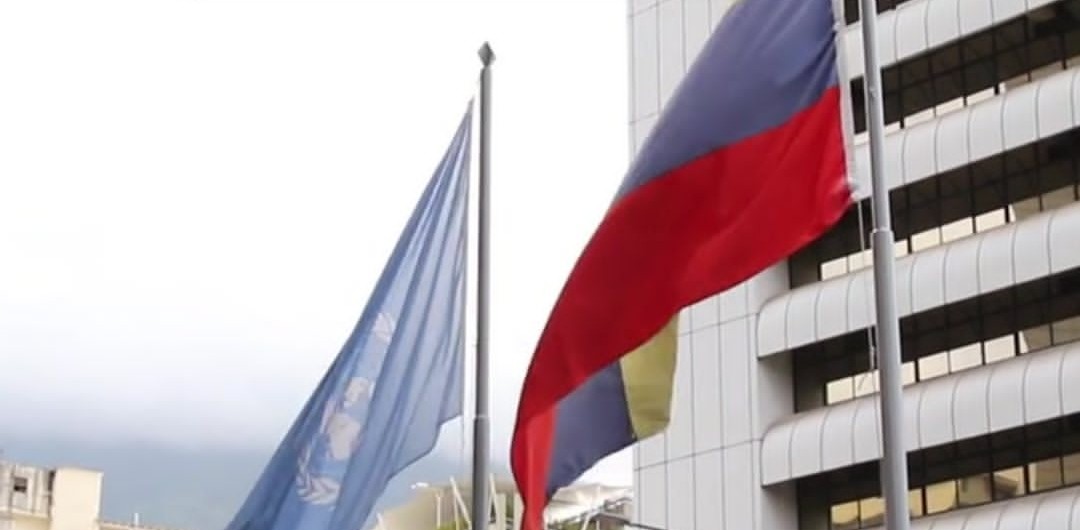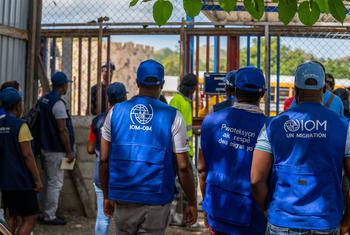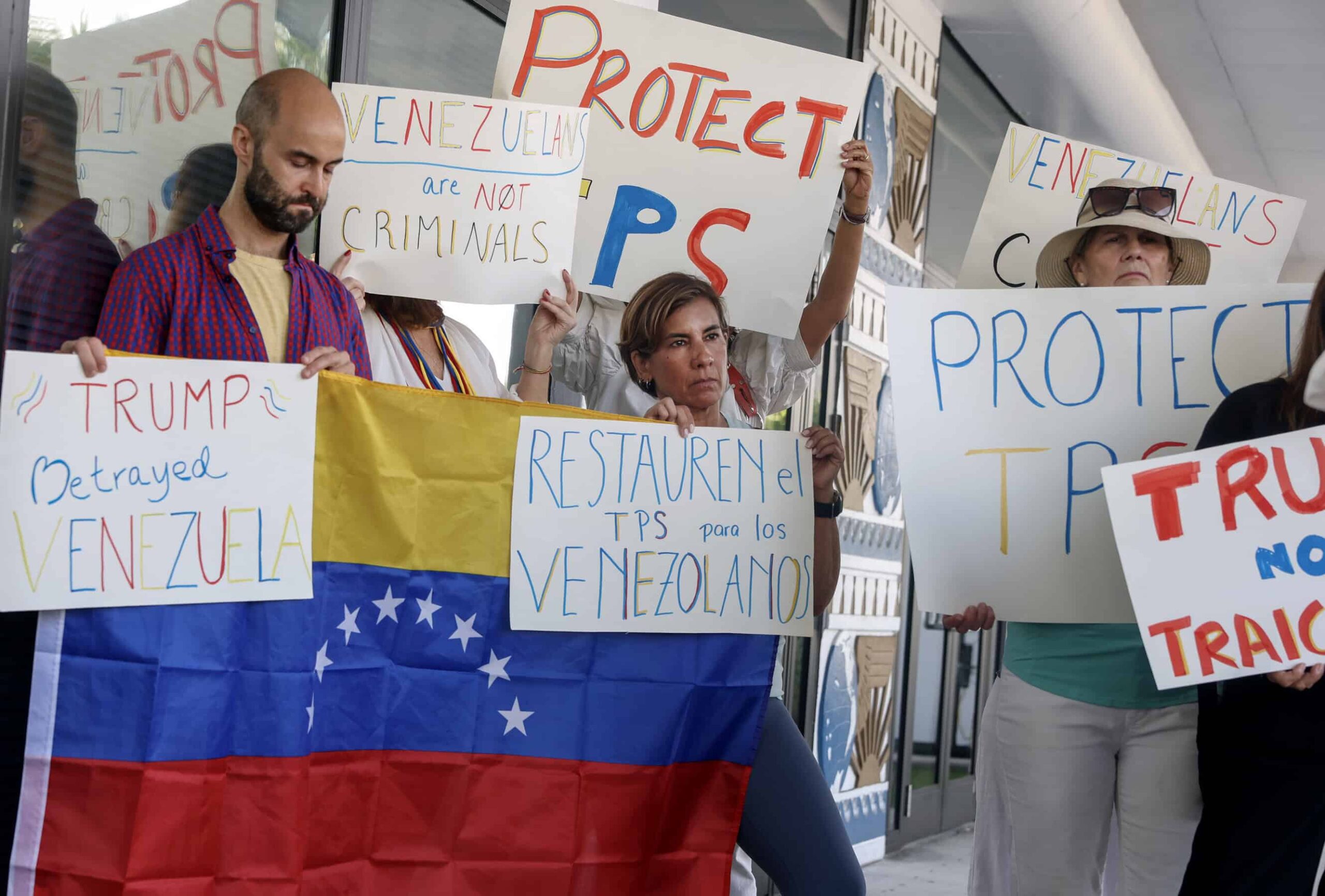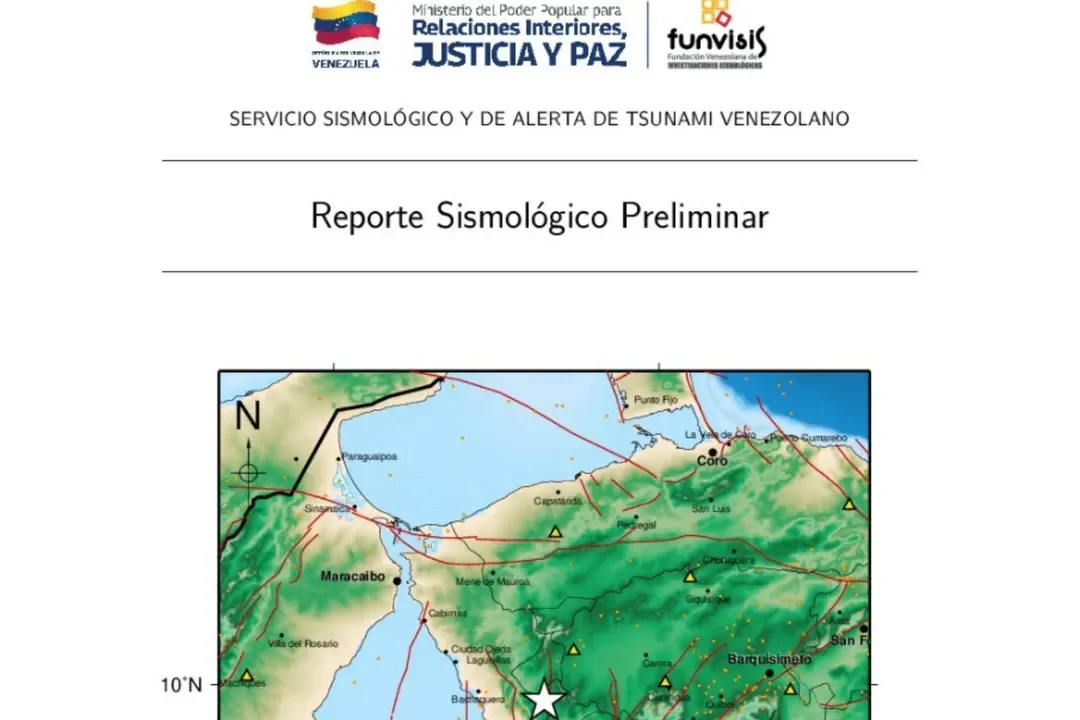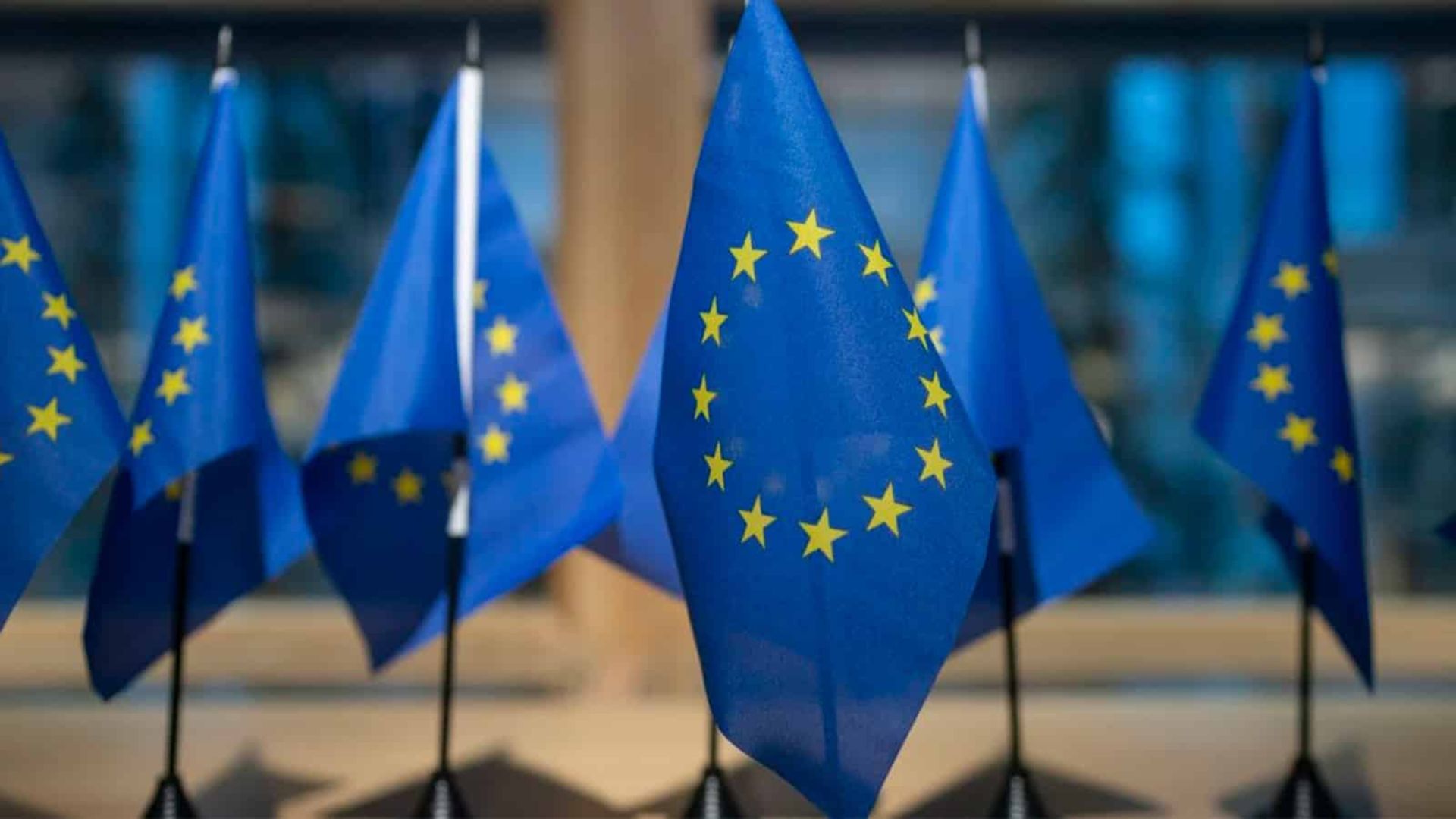Guacamaya, June 20, 2025. In 2024, the United Nations System in Venezuela supported over 2.4 million people, equivalent to the total population of a country like Botswana, through social protection programs, community empowerment, and assistance to those most in need. Its efforts were aligned with the 2023-2026 Cooperation Framework and the Sustainable Development Goals (SDGs).
Amid a complex economic situation and various social challenges, the UN worked in Venezuela throughout 2024 to help many people. It focused on inclusion and access to basic services, ensuring equity and social protection were priorities.
Child Protection and Violence Prevention
One of the main focuses was safeguarding children’s well-being and preventing all forms of violence, including gender-based violence. Over 142,500 people participated in community training sessions, of whom 49,000 were children and adolescents. UNICEF collaborated with 14 civil society organizations to help communities respond to these difficult situations effectively and sustainably.
Promoting Peace and Empowering Women
UN Women, UNDP, and the Office of the Resident Coordinator held forums on women’s rights and gender-based violence prevention. These spaces allowed political and social leaders to reflect on important issues. Furthermore, strengthening the Community Peacebuilding Women’s Roundtables in regions such as the Capital District, Miranda, and Zulia was key to promoting gender inclusion in public policies.
UNFPA complemented these actions by establishing 14 safe spaces in 6 states for women who have experienced violence, designing educational tools for programs that foster their empowerment and peacebuilding.
Assisting People on the Move
In 2024, UNHCR assisted over 65,000 displaced people through 26 safe service points, facilitating their reintegration and improving community centers. IOM also provided support to communities in five states, offering legal and health services to vulnerable individuals. Special attention was paid to children in transit, creating child-friendly spaces in collaboration with authorities for cases of unaccompanied minors.
Gender Equality and Attention to Priority Groups
Through its work on the Gender Equality Network and collaborating with LGBTIQ+ and women’s organizations, the UN achieved 73% compliance with its gender indicators, representing substantial improvements compared to the previous year. Regarding the inclusion of persons with disabilities, 71% of the objectives were met, and accessibility at UN System facilities in Caracas has improved thanks to collaboration with CONAPDIS.
Youth also made significant progress, achieving 50% compliance on indicators, which included the first “Generation 2030 Venezuela” meeting where ideas for a better future were discussed.
Collaborations and Planning for the Future
Over 100 businesses and social organizations participated in the 5th edition of the Sustainability Forum, enabling the articulation of initiatives with the private sector. A partnership was signed with the Venezuelan Red Cross to strengthen the humanitarian response and the current cooperation framework.
At the academic level, collaborative work with CENDES at the Central University of Venezuela continued, focusing on research related to SDG 5 on gender equality. A total of 18 papers were presented, and 9 were selected for a specific dossier on caregiving and gender roles.
Lessons Learned and Outlook for 2025
Among the most important lessons learned is the need to balance immediate actions with long-term plans that ensure sustainability. The need to support local leadership and foster dialogue with authorities has been reaffirmed. It is also vital to build partnerships that include businesses, academia, and civil society.
Looking ahead to 2025, the UN in Venezuela will have two key priorities:
1. Create dialogue spaces while respecting civic space.
2. Work to regain momentum toward sustainable development, ensuring everyone has access to basic services and improving food security.
The Pact for the Future, the 2030 Agenda, and the SDG acceleration strategies will be fundamental in guiding the work of the UN System, which will continue to be a pillar for generating consensus and transformations that benefit those most in need.

